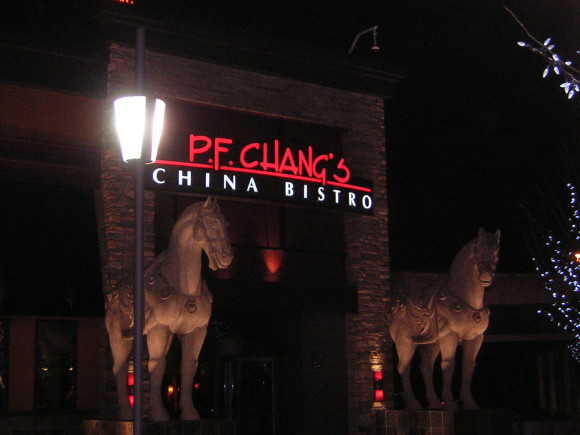Marc Bellemare, PhD, associate professor of applied economics at the University of Minnesota in St. Paul, said, “I don’t see any evidence they would work in the United States.”
He said that sugar-sweetened beverages are such a small part of Americans’ budgets that a tax would not make a difference, in contrast to Mexico, where food makes up a much larger portion. Taxes that would be politically feasible will not be large enough to significantly cut consumption, he reasoned.
“Food is about 7% to 10% of the average Americans’ household budget, and [sugar-sweetened beverages are] an even smaller portion of it. I think people would just take the hit,” Dr Bellemare told Medscape Medical News.
He also described an emotional American response to being told by policymakers how to make consumption decisions that would work against such a tax.
“It seems that even small-fraction taxes are politically contentious, as the whole New York City debate has shown.”
That said, Dr Bellemare said, there is a good reason for the tax other than making people healthier: “A tax like this is bound to bring in money to the coffers of any city or state that decides to levy a tax like this. But I don’t think it’s very popular with people, and that’s a trade-off.”
He said the better option is to target not just sugar-sweetened beverages.
“In my mind there is no doubt that sugar is certainly causing a whole lot of health problems,” he said. “But if we’re going to go that route, what we should probably think about doing is targeting sugar, in general so not just soda but all products that have sugar in them, or tax sugar at the source.”
